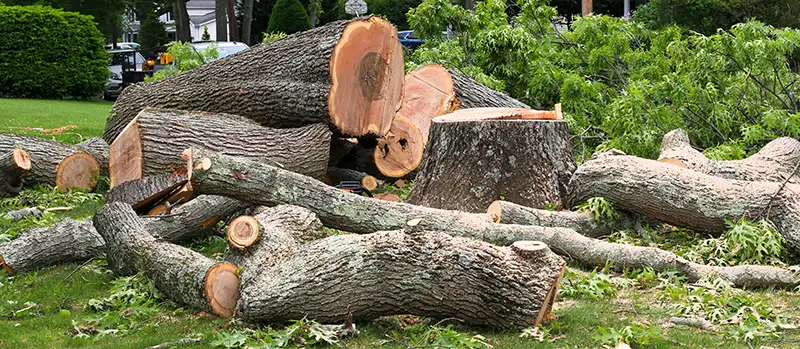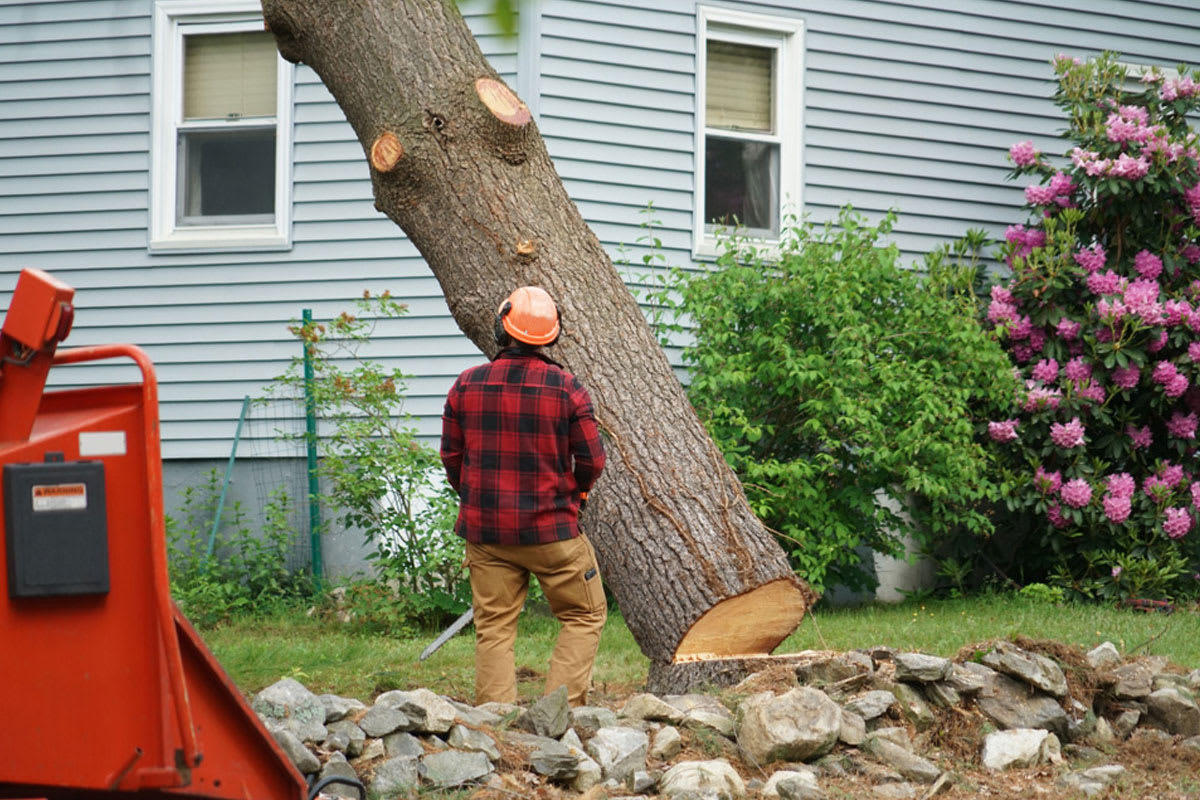Featured
Table of Contents
- – Independent Hill, VA Stump Grinding Price Guide
- – What Do Independent Hill, VA Tree Services Cha...
- – Upfront Tree Clearing Costs In Independent Hi...
- – Winter Tree Cutting Pricing In Independent Hi...
- – Independent Hill, VA Tree Clearing Pricing Ti...
- – Planning For An Arborist In Independent Hill,...
- – Independent Hill, VA Tree Trimming Guarantees...
- – Low-Cost Tree Clearing In Independent Hill, VA
- – Independent Hill, VA Tree Service Experts: P...
- – Comparing Independent Hill, VA Arborist: Pri...
- – Transparent Tree Removal Costs In Independen...
- – Independent Hill, VA Stump Grinding Reviews ...
- – Honest Stump Grinding Testimonials In Indepe...
- – Independent Hill, VA Tree Cutting Moving Costs
- – How To Save Money On An Tree Cutting In Inde...

The subsections below supply more in-depth details about pricing, including a typical range for each. TypeAverage Elimination CostPineConiferPalmMagnoliaArborvitaeAshCedarSweet GumEucalyptusSycamoreCypressOakMaplePoplar You can anticipate to pay between to eliminate a pine, depending on its size. Removing a pine is one of the more budget-friendly jobs unless it is one that has been around for many years and is quite large.
Independent Hill, VA Stump Grinding Price Guide
Pines likewise have a tap root that grows deep into the soil, which can show to be more difficult to eliminate. The process itself includes a specialist cutting the tree, clearing the base, cutting the surface roots, eliminating the stump, and finally dealing with the soil. Without a professional hand, you run the risk of leaving pine seedlings behind, which will fall from the roots of distressed pines.
What Do Independent Hill, VA Tree Services Charge
The U.S. national average for conifer elimination is around to have the conifer lowered, carried away, and the stump ground or eliminated completely. Conifers are usually much easier to eliminate, and although they can grow quite high, they do not cost a fortune to eliminate. Conifers include pine, spruce, fir, and juniper trees.
Upfront Tree Clearing Costs In Independent Hill, VA: No Hidden Fees
While conifers are gorgeous, they kill native plants and certain kinds of yard. This is since they require a great deal of water and nutrients to survive, so they seep it off surrounding plants. They likewise have an extensive network of roots, which can impact your home's structure. The typical price of palm removal depends upon the height as much as the type, varying from.
Winter Tree Cutting Pricing In Independent Hill, VA
That is why it is necessary to know which type you are removing. While you do not need an herbicide to eliminate a palm tree, there are some steps your elimination professional will need to require to ensure the job is done properly. There are 2 ways they can eliminate them: by slicing them down or digging them up.
Independent Hill, VA Tree Clearing Pricing Tiers
This is because little animals like rats and scorpions typically reside in them. Plus, many types will have spikes, too. From there, they eliminate the real tree and after that the stump. Anticipate to pay in between to eliminate this kind of tree, depending on the exact size and details of the task.
Planning For An Arborist In Independent Hill, VA
There are 3 types: green, white, and black ash. White ash is known for its lots of colors. With its gray-tinged bark, its leaves are green or purple in the spring and golden yellow or purplish-red in the fall. They enjoy moderate climates and great deals of sun. The green ash is called such due to its green or yellow foliage.
Independent Hill, VA Tree Trimming Guarantees: What's Covered

Due to the variation in height, the removal price variation is wide from. A coniferous, evergreen tree, the cedar is a durable types.
Low-Cost Tree Clearing In Independent Hill, VA
The development of incorrect cedars varies from 50 feet as much as 230 feet high. Homeowners might pay anywhere from, depending on the roots. With star-shaped leaves and stunning fall colors, the sweet gum is considered a medium to big tree. Taking pleasure in full sun, the sweet gum can not endure pollution.
Independent Hill, VA Tree Service Experts: Pricing
It has a big root base of 40 to 50 feet, which affects the elimination cost. Typically, it costs in between to get rid of a eucalyptus. Eucalyptus are not common all over, but they are rather big compared to others, which is why even the smaller ones are so costly to eliminate. Originally from Australia, eucalyptus are intrusive plants that grow in thick groves that secure native plants.
Comparing Independent Hill, VA Arborist: Prices
There are a handful of ways to do this, including burning, pulling, grinding, or killing them with herbicide. Anticipate to pay between to eliminate sycamores, based on the height, trunk size, and quantity of work included. Sycamores are among the biggest wood trees, usually varying from 60 to 100 feet high and as wide as 15 feet.
Transparent Tree Removal Costs In Independent Hill, VA
The very first two steps will expose the insides of the tree and cut off the flow of nutrients up the trunk. From there, a professional uses herbicide to eliminate the tree and reduce the trunk. Then, they will kill the stump. Otherwise, new sprouts may grow from it. Cutting down and eliminating a full-grown cypress could cost as much as.
Independent Hill, VA Stump Grinding Reviews And Pricing
There are many different kinds of Cypress trees, but the most widespread are the Leyland, Arizona, Bald, and Italian. The Bald Cypress grows in swampy or very wet locations while the others delight in a dry, warm, or hot environment (tree removal). They can grow as tall as 80 to 100 feet high
Honest Stump Grinding Testimonials In Independent Hill, VA

Prone to illness, the Cypress is among the most prized woods for furnishings. The typical oak grows to around 60 feet, and depending on the intricacy of the elimination, it costs an average of to remove. The exact size of your oak and the effort needed to fell it affect what you will in fact pay for elimination together with any additional services like stump grinding.
Independent Hill, VA Tree Cutting Moving Costs
Access to the trees and the roots will also affect the overall expense. Maples are usually amongst the more pricey trees to eliminate since of their size and the work involved in the elimination.
How To Save Money On An Tree Cutting In Independent Hill, VA
Poplars are giants of the species. Growing as high as 90 to 115 feet, these huge woods are mainly discovered in The United States and Canada and include the aspen, cottonwood, and balsam trees. Boasting an expansive root system, poplars can be pricey to remove when fully grown. The procedure to get rid of trees involves all the cutting and cutting of the branches and trunk, bringing it down to a stump.
Table of Contents
- – Independent Hill, VA Stump Grinding Price Guide
- – What Do Independent Hill, VA Tree Services Cha...
- – Upfront Tree Clearing Costs In Independent Hi...
- – Winter Tree Cutting Pricing In Independent Hi...
- – Independent Hill, VA Tree Clearing Pricing Ti...
- – Planning For An Arborist In Independent Hill,...
- – Independent Hill, VA Tree Trimming Guarantees...
- – Low-Cost Tree Clearing In Independent Hill, VA
- – Independent Hill, VA Tree Service Experts: P...
- – Comparing Independent Hill, VA Arborist: Pri...
- – Transparent Tree Removal Costs In Independen...
- – Independent Hill, VA Stump Grinding Reviews ...
- – Honest Stump Grinding Testimonials In Indepe...
- – Independent Hill, VA Tree Cutting Moving Costs
- – How To Save Money On An Tree Cutting In Inde...
Latest Posts
North Myrtle Beach, SC Tree Clearing Customer Reviews
Wailuku, HI Tree Clearing Experts: Pricing
Honest Tree Clearing Reviews In Lewiston, ID
More
Latest Posts
North Myrtle Beach, SC Tree Clearing Customer Reviews
Wailuku, HI Tree Clearing Experts: Pricing
Honest Tree Clearing Reviews In Lewiston, ID